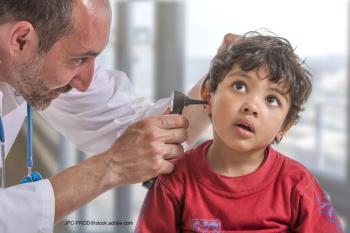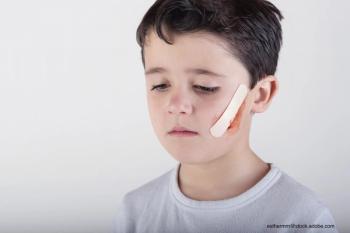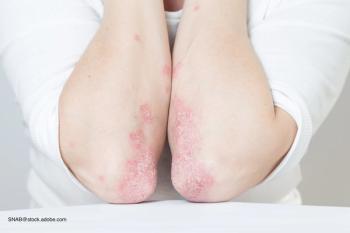
Active shooter drills have become a fact of life for America’s school children. The American Academy of Pediatrics (AAP) has issued a policy statement on them.

Active shooter drills have become a fact of life for America’s school children. The American Academy of Pediatrics (AAP) has issued a policy statement on them.

Good communication is a necessity to ensure optimal care for children. A new report looks at what parents look for when communicating with clinicians during pediatric cancer experiences.

Research is key to improving children’s care. How much does the informed consent form factor into a parent allowing their child to participant in research studies?

Water fluoridation has been shown to reduce dental caries, but can it reduce the dental surgery in Medicaid patients? A new study takes a look.

Although improvements are modest, community interventions may help improve health care usage.

Adolescence can set the course for a person’s health for life. A new study looks at how physical activity can impact hip strength and potentially reduce the risk of osteoporosis.

Burnout is often seen as something that happens to physicians who have been practicing for years. A new study looks at how burnout impacts trainee physicians.

The US Food and Drug Administration (FDA) has approved a supplemental Biologics License Application XEOMIN® (incobotulinumtoxinA).

Introducing foods is a milestone in every infant’s life, but are practitioners giving the best advice to uncover any food allergies? A survey study provides some answers.

How parents feel about their child returning to school during a pandemic hasn’t been at the forefront of the school return debate. A report provides some much needed information about how they feel.

Mental health can have a major impact on a person’s life. A report looks at how mental health problems in early life can have a toll on some health behaviors.

Psychiatric hospitalization can be a necessary step to keep children safe, along with follow-up care after discharge. A study looks at whether timely follow-up can help lower the risk of suicide.

Opioids are linked to substance-related morbidity and a new study looks at what morbidity looks like in adolescents and young adults.

The US Food and Drug Administration (FDA) approved Evrysdi (risdiplam) to treat spinal muscular atrophy. It is the third drug approved to treat the condition.

Screenings are an important way to ensure that children get referred to necessary care, but gaps still remain. A new study reports on whether a quality program improved screening rates.

Our practice resources and frequently asked questions page seeks to answer any inquiry you may have related to professional practice.

PedsCE-SM is the continuing education you need, when you need it.

Use NAPNAP’s Advocacy Center to stay up to date on our priority child health and practice legislation.

As a professional organization in its fifth decade, NAPNAP is rich in experience and history when it comes to advanced practice nursing and children’s healthcare.

With more than 8,000 members nationwide, NAPNAP is the professional association for pediatric nurse practitioners and other pediatric APRNs, including FNPs who treat children.

Animal studies have shown bisphenol A (BPA) has an impact on asthma morbidity. A new human study offers some further information.

Best practices for imaging in emergency departments has changed over the years. A new report offers a look at the trends in the past decade.

Not every child has a safe home. An investigation examines whether children with alleged maltreatment and who are at high risk of foster care placement have an increased risk of hospitalization for injuries.

For some children grandparents serve as parents. A new study looks at how grandparents cope with parenting when compared to parents.

Technology can help improve access to care. A new report examines whether videoconferencing group therapy can help the parents of seriously ill children.

The US Food and Drug Administration (FDA) has approved STELARA for treating moderate-to-severe plaque psoriasis in children.

The human papillomavirus (HPV) vaccine is the key to a major public health victory, but the vaccine coverage has been less than effective. A report offers some answer to how parental intent has made an impact.

Transgender and gender diverse (TGD) children can often be unsure of who to turn to for compassionate gender care. A report considers whether media exposure can help TGD children get needed care.

The Healthy, Hunger-Free Kids Act of 2010 was supposed to improve the dietary quality of the school lunch. An investigation may be able to finally provide an answer.

Neurocognitive development is rapid in early childhood. An investigation looks at whether the eye can provide some information on potential issues.